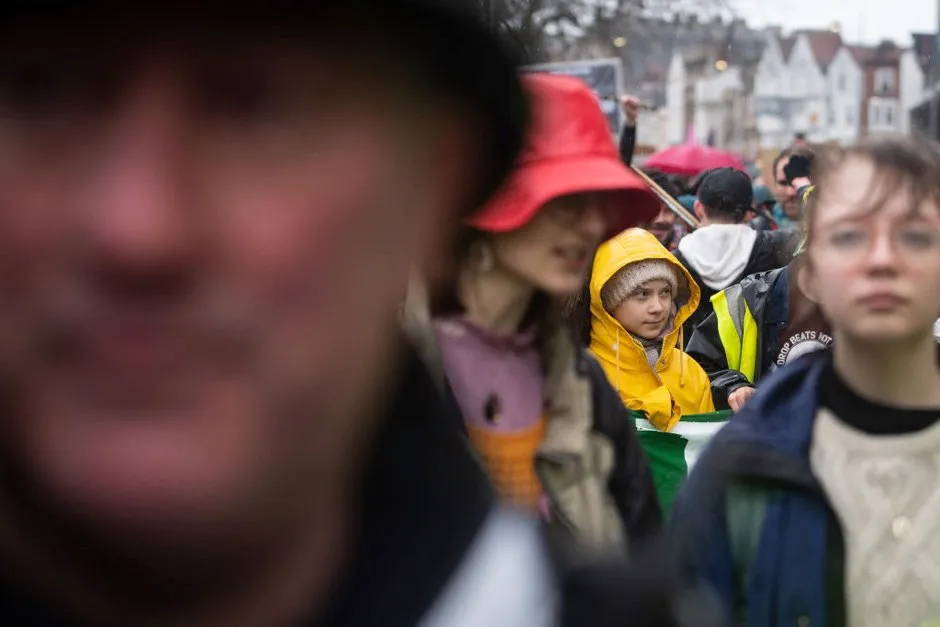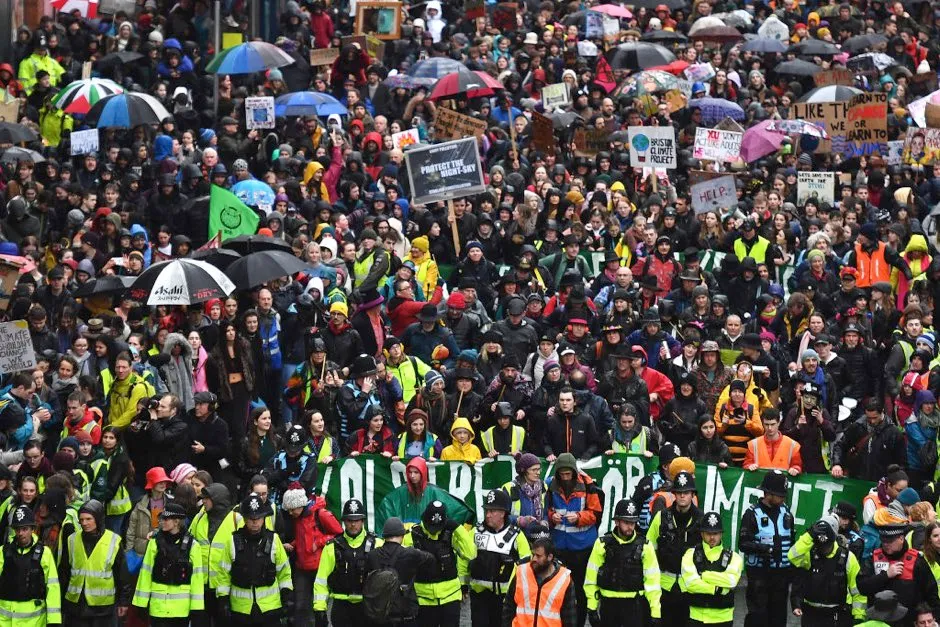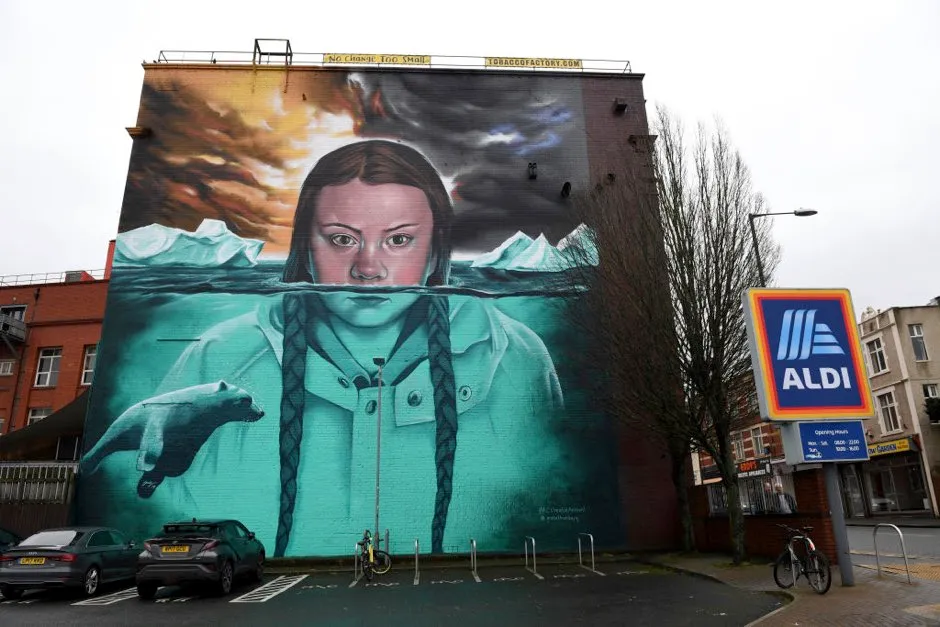Crowds of young people, children and adults alike cheered environmental activist Greta Thunberg onto the stage on Friday 28 February at the Bristol Youth Strike for Climate (BYS4C). Having only announced her visit one week prior, the BYS4C worked to get stewards, sound systems and social media to come together in an event that saw 30,000 people join the 17-year-old Swedish activist in College Green, according to her tweet.
Greta Thunberg's Bristol speech
“Thank you so much for coming. There’s people everywhere, I can’t see an end to it. Thank you so much, every single one of you, for being here,” began Greta. “I am so happy to be here in Bristol with you.”
“There will be a time when we will look back and ask ourselves what we did right now. How do we want to be remembered?”

“People are already suffering and dying from the consequences of the climate and environmental emergency,” she said to the crowd. “But it will get worse."
Greta claimed the emergency is being “completely ignored by the politicians, the media, and those in power”. “Basically, nothing is being done to halt this crisis,” she said, “despite all the beautiful words and promises from our elected officials.”
Read more about the effects of changing climate:
“So, what did we do during this crucial time?” she asked the crowd. “Well I will not stand aside and watch, I will not be silent while the world is on fire. Will you?”
“World leaders are behaving like children, so it falls on us to be the adults in the room. It should not be this way. We should not be the ones who will have to lead on this and tell the uncomfortable truth.”

“Once again, they sweep their mess under the rug for us young people – for their children – to clean up for them.”
“But we must continue. And we have to be patient, and remember that the changes required will not happen overnight. Since the politics and the solutions needed are still far from sight.”
“But if enough people are pushing for change, then change will come. We are those people. And every single person counts.”

Greta called for the crowd to look at Bristol as an example. “The other week, the plans to expand the Bristol airport were cancelled, a lot thanks to climate activists. And, of course, this is far from enough, but it shows that it does actually make a difference. Activism works.”
“So, I am telling you to act. If you look throughout history, all the great changes have come from the people. We are being betrayed by those in power, and they are failing us. But we will not back down. And if you feel threatened by that, then I have some very bad news for you: we will not be silenced because we are the change, and change is coming whether you like it or not.”
Eco-anxiety: How does the human mind deal with existential threats?
‘Eco-anxiety’ is a term that’s been used by the American Psychological Association (APA) in a report about the effects of climate change on mental health, but it’s not an official diagnosis.
Psychologically speaking, anxiety about anything arises from how we perceive a threat, and so ‘eco-anxiety’ makes sense, even though the threat it relates to is real.
Since it’s not a specific mental health problem, eco-anxiety can’t be ‘treated’ as such. However, if worries about climate change are creating significant distress and getting in the way of us being able to do what we want, some things might help.
